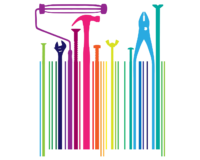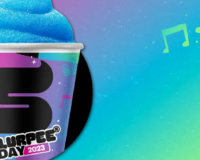Web3 in France
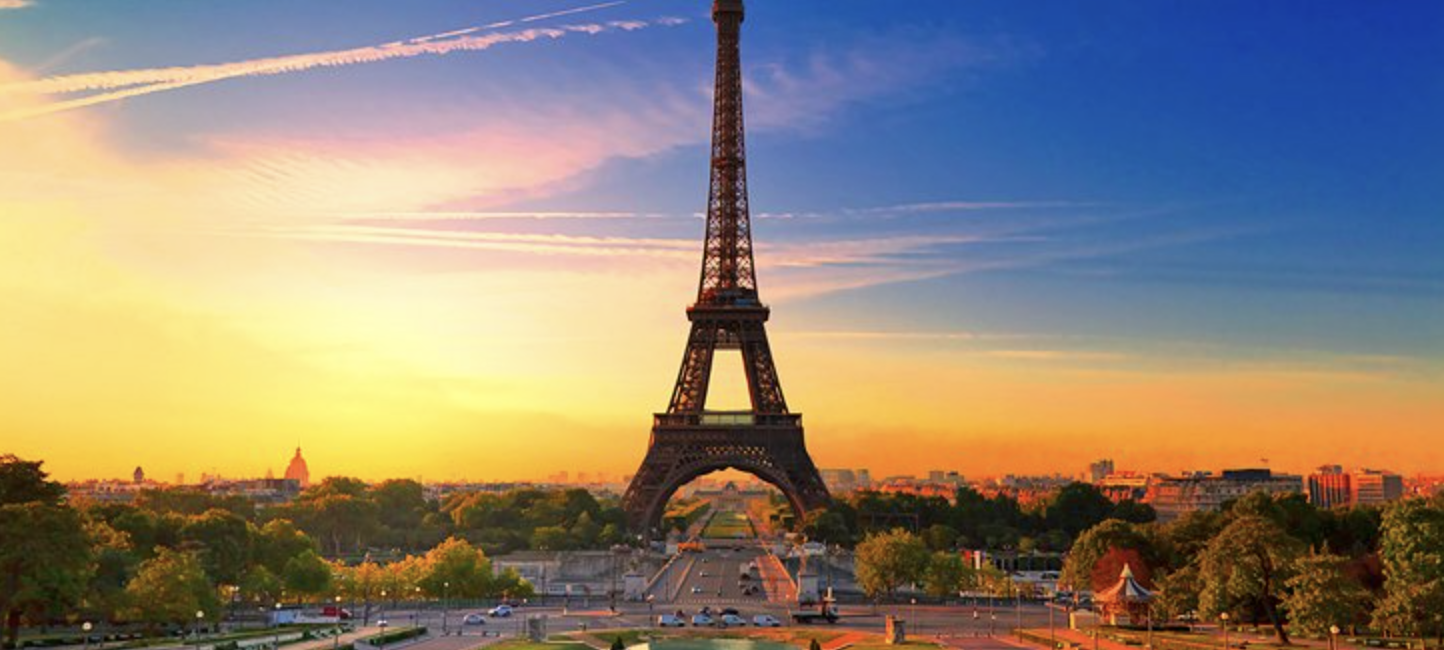
The web3 ecosystem in France keeps developing very well. Brief research of web3 companies and companies with web3 projects there brings optimism about the future of web3 in Europe. The list of French web3-related businesses is long and it is enough to mention that some of the major web3 companies, like Ledger and Sorare, are French companies, as well as that the regional headquarters of Binance and Crypto.com are in France. France is also the country that successfully hosts two of the most important web3 conferences in Europe – NFT Paris and Paris Blockchain Week.
Naturally, there are many blockchain use cases among French retailers. It seems as if all major retailers in France are using blockchain technology for food traceability for some years, like Auchan and Carrefour who started using it at the end of 2018, while Casino Group launched its own cryptocurrency in 2022.
However, the most obvious use case among retailers is the use of blockchain technology, or more precisely NFTs as the channel to offer a new experience to their customers and the way to approach generation Z.
At the end of 2021 Decathlon created a chief metaverse officer position in the company and soon after launched their first NFT collection associated with a limited edition of a new model of sneakers.
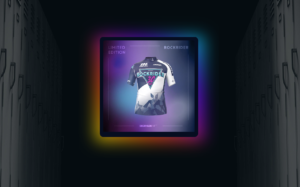
At the same time, the Casino Group acquired a parcel in “The Sandbox” and just a couple of months later revealed the first among several projects in the metaverse – a gaming experience in a virtual world for their customers. The game is around food and players will earn vouchers or discounts which they can spend on their e-commerce site. A few months after that the company launched two Monoprix NFT collections which enable their loyal customers to benefit from exclusive and personalized promotions for their online shopping, and also some physical experience in the second phase. This was done in collaboration with a designer and pastry chef. The objective is to offer a new customer experience. French retailer Monoprix is also the first ever to sell NFTs through its physical stores. This campaign was complemented with educational workshops directly in its stores to engage customers with the purchase. Another very interesting use case comes from Casino Group’s brand La Nouvelle Cave and its cooperation with Maison Bouey. During a wine fair in France La Nouvelle Cave offered an exclusive NFT collection associated with special wines from Maison Bouey. These NFTs serve as the proof of authenticity and ownership of designated wine bottle which is kept in the professional storage of Maison Bouey. The holder of an NFT can resell, which equals reselling the physical bottle, or can decide to redeem the physical wine bottle and “burn” the accompanied NFT. Previous to this event La Nouvelle Cave had already opened a virtual store.
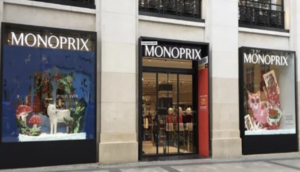
Maison Bouey is of course not the only winery in France that took advantage of using NFTs. In 2021 Dom Pérignon launched an NFT collection made in collaboration with Lady Gaga which was sold in a virtual space while the physical bottles were delivered to the holders’ homes. In the same year winemakers like Château Angélus and Château Darius entered the NFT space, while Moët Hennessy entered the web3 space last year.
Blockchain technology is heavily used among French luxury retailers led by LVMH, Cartier, and Maison Margiela, who actually joined forces in the initiative to provide customers with additional transparency and traceability. LVMH, the world leader in luxury, and its brand Louis Vuitton created a game where players can collect NFTs. Givenchy partnered with an artist to release NFTs with proceeds going to a non-profit environmental organization. Guerlain launched a collection of NFT “cryptobees” to support rewilding of a nature reserve in France. In the context of luxury brands, I have to mention Arianee, a blockchain protocol used by Lacoste, Yves Saint Laurent, Galeries Lafayette, Château Pape Clément, Printemps, and Ba&sh, for their web3-related projects.
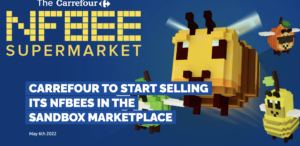
As I mentioned, the list of web3-related projects among French retailers is long and requires more space than this article provides. I would like to close with the example which is the most appealing to me, which is the web3 strategy of Carrefour, one of the largest European retailers and the first retailer in France to make virtual reality widely accessible by launching its own VR glasses and creating a smartphone app in 2016. In 2021 Carrefour launched its own game on Fortnite with the aim to strengthen its bond with the gamers on the most popular game. The game called “Health map” offered a new experience to the players inspiring them to eat healthy food. In January 2022 Carrefour bought a huge plot of virtual land in the metaverse from Sandbox and later that year the company opened the first metaverse supermarket where one can buy NFTs dedicated to the cause of saving bees. The Carrefour group is also the first retailer to have organized the first recruitment event in the metaverse.
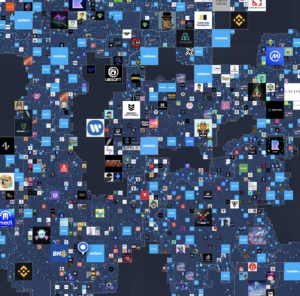
In the end, do not forget that RTFKT and the Sandbox are also originally from France.
